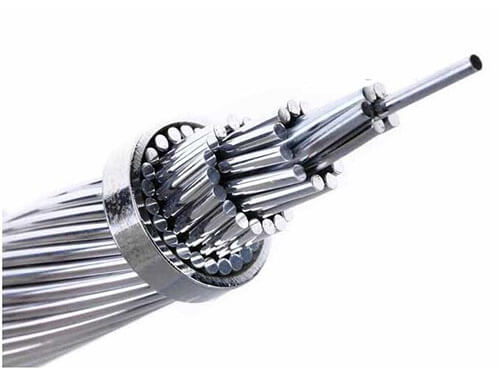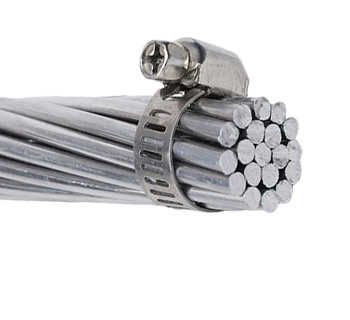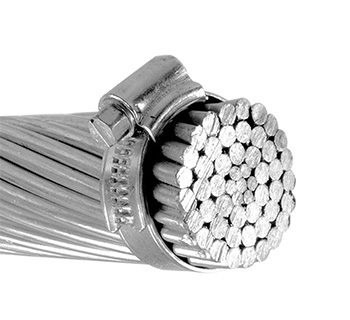Types and advantages of AAAC conductors
Types and advantages of AAAC conductors
High strength AAAC conductor
High strength aluminum alloy conductor is an aluminum alloy product that adds elements magnesium and silicon to aluminum and obtains sufficient strength, plasticity and electrical properties after processing, deformation and heat treatment. It is the most widely used aluminum alloy variety in aluminum alloy transmission lines. The conductivity of high-strength aluminum alloy conductor is 53% IACS, the strength is nearly twice that of ordinary aluminum conductor, and the single wire strength of aluminum alloy is more than 300mpa. The strength of ordinary aluminum single wire is 150 ~ 170Mpa, and aluminum alloy conductor has great advantages in strength.

Heat resistant AAAC conductor
Heat resistant aluminum alloys are divided into heat resistant aluminum alloys with conductivity of 58% IACS and high conductivity heat resistant aluminum alloys with yttrium added to aluminum. Since the current carrying capacity of the conductor can be increased by 61 ~ 69% at 150 ℃ than at 90 ℃, the heat-resistant aluminum alloy can be used as the compatibilized conductor. The high-strength performance of high-strength heat-resistant aluminum alloy wire can improve the dynamic stability under short circuit or overload; Its heat resistance can improve thermal stability. The super heat-resistant aluminum alloy and ultra-high heat-resistant aluminum alloy to be developed can further improve the current carrying capacity and heat resistance of the conductor, and further increase its long-term service temperature to 180 ℃, 210 ℃ and 230 ℃.
Compared with traditional ACSR, high-strength aluminum alloy conductor and heat-resistant low resistance aluminum alloy conductor have the following advantages:
Under the same unit weight, aluminum alloy wire has the advantages of small DC resistance, large current carrying capacity, large tensile force and large unit weight ratio of tensile force;
Under the same current carrying capacity, aluminum alloy conductor has the advantages of light weight, large tensile force and larger unit weight ratio;
Aluminum alloy conductor has low load-bearing and risk resistance grade;
The service life of ordinary steel cored aluminum strand is about 50 years, and the service life of aluminum alloy conductor is more than 100 ~ 120 years.
 中文
中文 










